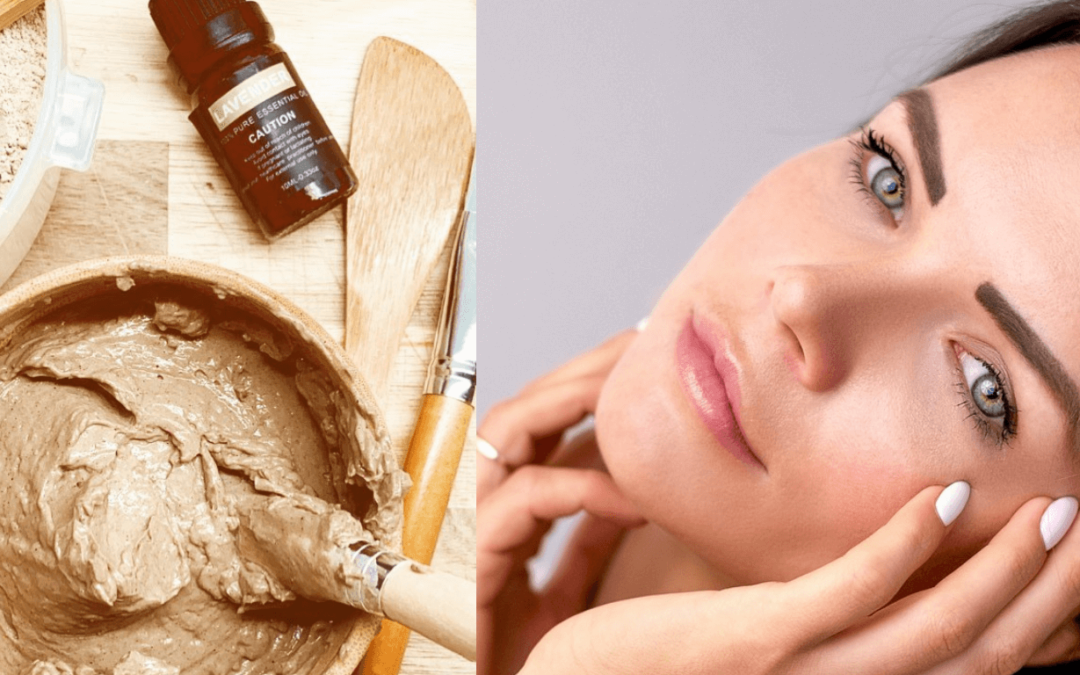In a world filled with synthetic skincare products, the allure of natural skin remedies has grown significantly. Many individuals are turning to the power of nature to provide gentle and effective solutions for their skincare concerns.
In this comprehensive guide, we will explore a variety of natural ingredients and DIY remedies that can help nourish and rejuvenate your skin. Discover the wonders of natural skincare and unlock the secrets to a healthier, more radiant complexion.
The Benefits of Natural Skin Remedies
Natural skin remedies offer numerous benefits that make them appealing to individuals seeking a holistic approach to skincare. Here are some key advantages:
Gentle on the Skin: Natural remedies often contain fewer harsh chemicals and potential irritants, making them gentler and more suitable for sensitive skin types.
Sustainability: Many natural ingredients are sustainable, as they are derived from plants, fruits, and herbs that can be cultivated and replenished responsibly.
Nutrient-Rich: Natural remedies are often packed with vitamins, antioxidants, and essential fatty acids that provide nourishment and promote overall skin health.
Affordability: Compared to commercial skincare products, natural remedies are often more cost-effective, as they can be easily sourced or made at home with readily available ingredients.
Essential Natural Ingredients for Skincare
To harness the power of natural skin remedies, it’s important to understand the benefits of various key ingredients. Here are some popular natural ingredients and their skincare benefits:
Aloe Vera: Aloe vera possesses soothing and anti-inflammatory properties, making it ideal for calming irritated skin, reducing redness, and promoting healing.
Honey: Honey is a natural humectant, which means it helps retain moisture in the skin. It also has antibacterial properties that can assist in fighting acne-causing bacteria.
Coconut Oil: With its moisturizing properties, coconut oil is a fantastic natural emollient. It can help nourish and soften the skin, making it a popular ingredient in body and face moisturizers.
Tea Tree Oil: Known for its antimicrobial and anti-inflammatory properties, tea tree oil can be effective in combating acne and reducing inflammation associated with various skin conditions.
Rosehip Seed Oil: Rich in vitamins and essential fatty acids, rosehip seed oil helps hydrate the skin, improve texture, and promote a more even complexion. It is particularly beneficial for dry and mature skin.
Oatmeal: Oatmeal is a soothing ingredient that helps relieve itching and inflammation. It is often used in DIY face masks and bath products for its calming effects on the skin.
DIY Natural Skincare Remedies
Now that we’ve explored the benefits of natural ingredients, let’s dive into some simple and effective DIY skincare remedies you can try at home:
Honey and Cinnamon Face Mask: Mix two tablespoons of honey with one teaspoon of cinnamon to create a paste. Apply the mixture to your face and leave it on for 15-20 minutes. Rinse off with warm water to reveal a smoother and more radiant complexion.
Aloe Vera Gel Moisturizer: Extract fresh aloe vera gel from an aloe leaf and apply it directly to your face as a moisturizer. Aloe vera gel helps hydrate the skin, soothe inflammation, and provide a natural glow.
Coconut Oil Body Scrub: Mix equal parts of coconut oil and granulated sugar to create a gentle body scrub. Use circular motions to massage the scrub onto damp skin, then rinse off to reveal soft and smooth skin.
Tea Tree Oil Spot Treatment: Dilute a few drops of tea tree oil with a carrier oil such as jojoba oil or sweet almond oil. Apply the mixture directly to acne spots using a cotton swab to help reduce inflammation and promote healing.
Rosehip Seed Oil Facial Serum: Mix a few drops of rosehip seed oil with a carrier oil like argan oil or jojoba oil. Apply the serum to your face and gently massage it into the skin. This serum helps nourish, hydrate, and improve the overall appearance of your complexion.
Oatmeal Bath Soak: Grind oats into a fine powder and add it to your bathwater. Soak in the bath for 15-20 minutes to soothe itchy or irritated skin, leaving you feeling relaxed and rejuvenated.
Incorporating Natural Remedies into Your Skincare Routine
While DIY remedies can be a fun and cost-effective way to care for your skin, it’s essential to integrate them into a well-rounded skincare routine. Here are some tips for incorporating natural remedies effectively:
Patch Test: Before trying any new ingredient or remedy, perform a patch test on a small area of skin to check for any adverse reactions or allergies.
Balance and Variety: Just like with any skincare routine, maintaining a balance and variety of natural remedies is key. Different ingredients offer various benefits, so feel free to experiment and find what works best for your skin.
Consistency: For noticeable results, consistency is crucial. Incorporate natural remedies into your skincare routine regularly and give them time to work their magic.
Supplement with Commercial Products: While natural remedies can be highly effective, it’s perfectly fine to supplement your routine with commercial skincare products that align with your skin’s needs.
Conclusion
Embracing natural skin remedies allows you to harness the power of nature to nurture and enhance your skin’s health and appearance.
From aloe vera and honey to coconut oil and tea tree oil, nature provides a treasure trove of ingredients that offer gentle yet effective solutions.
By incorporating DIY remedies into your skincare routine and understanding the benefits of different natural ingredients, you can embark on a holistic skincare journey that promotes radiant and healthy skin.
Remember, everyone’s skin is unique, so pay attention to what works best for you and enjoy the transformative journey towards naturally beautiful skin.


